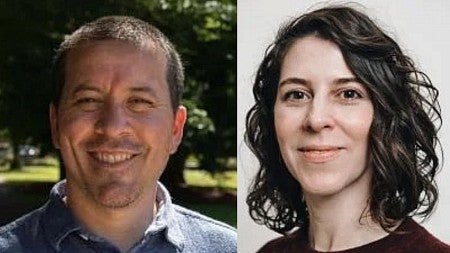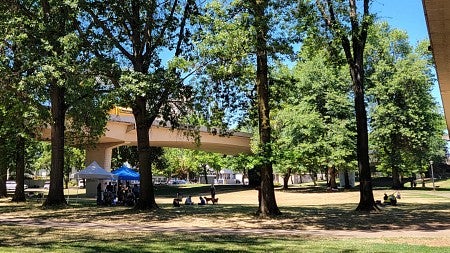The Global Health Minor Program at the University of Oregon is an interdisciplinary study of population and public health with an international perspective. Our approach to global health is holistic and critical, centering the social determinants of health organizations, and cultural influences on health and illness experiences.
Students in the program are exposed to diverse disciplinary approaches to research and practice in global health through core and elective coursework in the social and natural sciences and humanities. Students also complete the required global health practicum experience, which is an opportunity to apply concepts learned in the classroom to the real world.
A huge thank you to Portland real estate developer, philanthropist and UO alumnus Jordan Schnitzer and the Harold & Arlene Schnitzer CARE Foundation, for a landmark $25 million gift to CAS that will empower future global leaders and problem solvers! The School of Global Studies and Languages is now named the Schnitzer School of Global Studies and Languages, and we are truly excited to be a part of it!
What You Can Do with a Global Health Minor
Students minoring in global health have diverse majors, including anthropology, biology, dance, global studies, sociology—and more. Among the professions our students enter after graduating include:
- Federal, state, and local public health agencies
- Global, national, and local nonprofits
- Medicine, nursing, and allied health professions
- Public and social policy
- Program evaluation
- Human rights work
- Social work
- Global disability and accessibility
- Political advocacy for health care for underserved communities
- Clinical research coordinator
- Academia
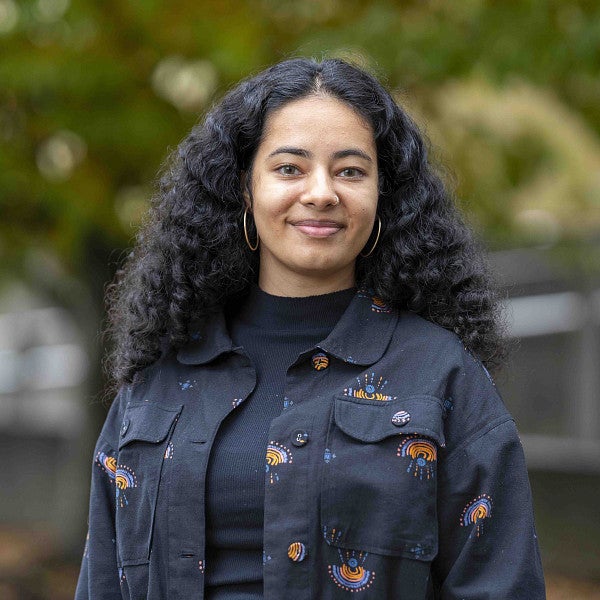
How Global Health Enriches Your Undergraduate Studies
“I've had so many opportunities to try things out and figure out what I wanted to explore in the future. I got to take a little flavor from every subject throughout my first year, and I had a lot of access to support and mentors who helped me introspect and decide what fields held what kind of potential and what kind of future I could possibly have."
—Nayantara Arora, neuroscience, chemistry and global health, 2024
Our Degree Program
The Global Health studies minor is an interdisciplinary program.
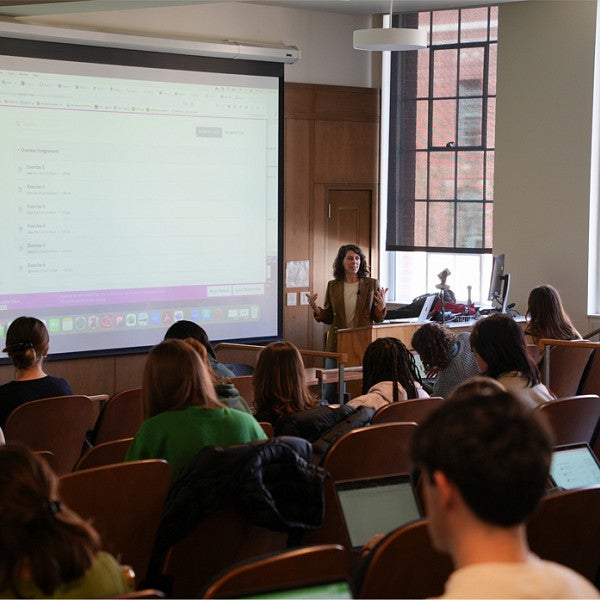
Learn from Experts in the Field
The Global Health Program has a holistic and critical approach, and affiliated faculty hail from departments and programs throughout the University of Oregon. Affiliated faculty engage in research that is varied and diverse.
Faculty interest areas include:
- Social determinants of health
- Bioethics
- Health disparities
- Social epidemiology
- Culture and health
- Historical analyses of health interventions and disease prevention campaigns
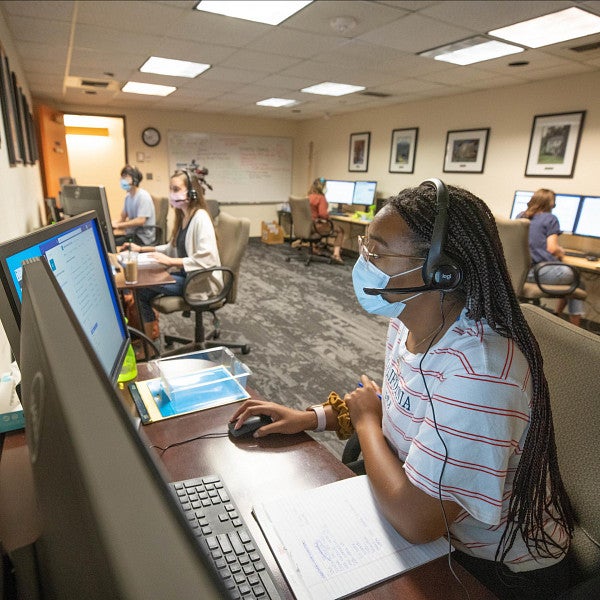
Get Real-world Experience
In addition to studying interdisciplinary coursework that spans the sciences and humanities, students complete a global health field experience, internship, or practicum.
Practicum experiences can include:
- Disease tracking and response
- Peer wellness advocacy on campus
- Study abroad service learning
- Internships in public and nongovernmental organizations
- Policy engagement and analysis
- Individual and collaborative research leading to undergraduate thesis
- Supporting faculty research
Scholarships and Funding
Students in the Global Health Program can seek funding through the College of Arts and Sciences, which awards various scholarships both to incoming students and to those already attending the UO.
Academic Support
Our academic advisors can help students understand their major or minor requirements, plan their course of study, explore study abroad opportunities, and more.



